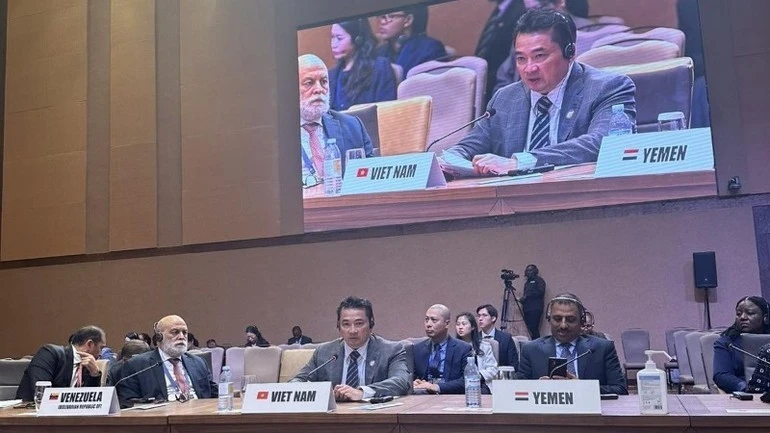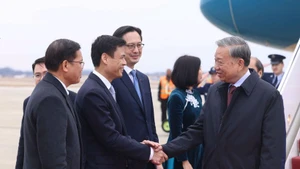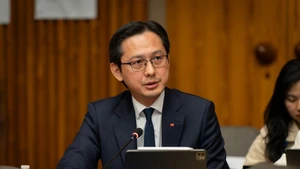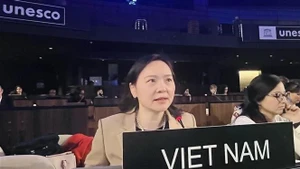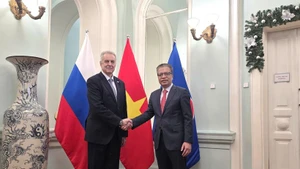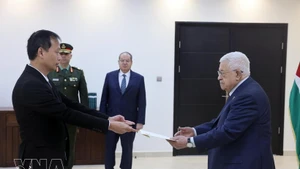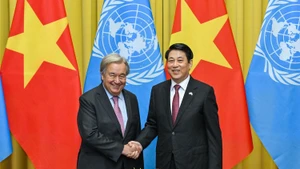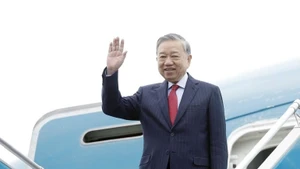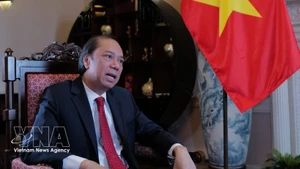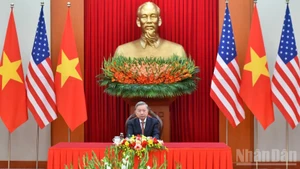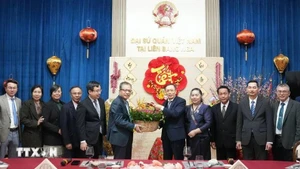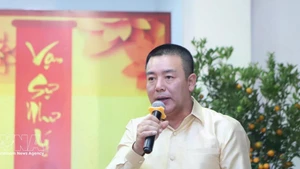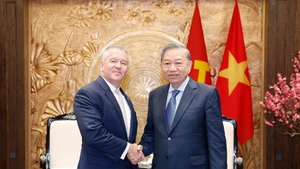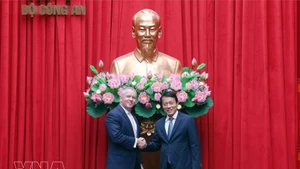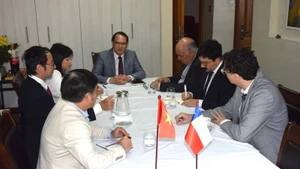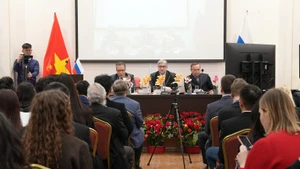In his remarks, the head of the Vietnamese delegation to the event called on NAM to strengthen unity, innovate operational methods, and enhance effectiveness, while promoting South-South cooperation. He noted the need for the movement to adopt a common stance on global governance, particularly regarding United Nations reform, implementation of the 2030 Agenda for Sustainable Development, climate action, reform of the global trade and financial systems, and governance of emerging technologies.
Ambassador Anh highlighted the unity within the Association of Southeast Asian Nations (ASEAN) in maintaining and promoting peace, security, stability, safety, and freedom of navigation and overflight in the East Sea/South China Sea, as well as in resolving disputes peacefully in line with international law, including the 1982 United Nations Convention on the Law of the Sea (UNCLOS).
Regarding international issues, Viet Nam welcomed the agreement between Israel and Hamas aimed at ending the ongoing conflict in the Gaza Strip, appreciated mediation efforts by relevant parties, and called for full compliance with the agreement, moving toward a two-state solution and sustainable peace in the region. The head of the Vietnamese delegation also reaffirmed the country’s support for the Cuban people and called for an end to the embargo against Cuba.
He underlined Viet Nam’s commitment to making more active and substantive contributions to multilateral cooperation, noting that it will host the Opening for the Signature of the United Nations Convention against Cybercrime in Ha Noi in this October, and chair the 2026 Review Conference of the Parties to the Treaty on the Non-Proliferation of Nuclear Weapons. He expressed his hope for continued support and cooperation from NAM members in these processes.
On this occasion, he extended sincere thanks to NAM member states for electing Viet Nam to the UN Human Rights Council for the 2026–2028 term.
The meeting drew over 30 ministers and deputy ministers, as well as ambassadors and heads of delegations from 80 NAM member states, observer countries, and international and regional organisations. Most participants underscored NAM’s core principles, supported a stronger and more unified voice for the movement on key global issues, and agreed on the need to reform its operations to enhance effectiveness.
Established in 1961 following the 1955 Bandung Declaration, NAM has grown from its 25 founding members to 121 countries, symbolising solidarity in the fight against colonialism and in the pursuit of peace, national independence, and peaceful coexistence among nations.
